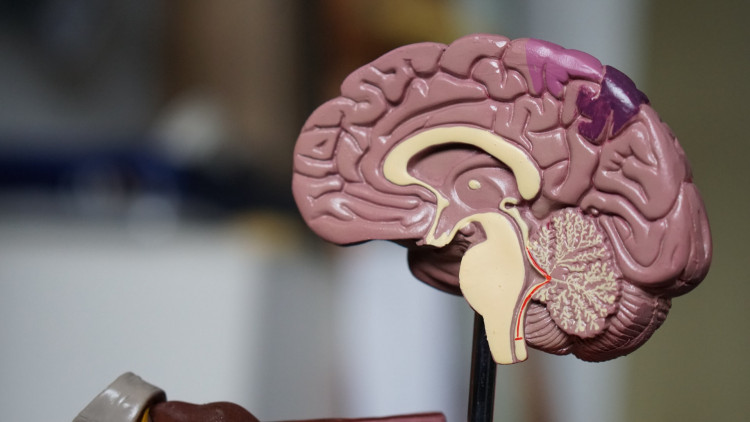A memory clinic in China has diagnosed a 19-year-old with what they believe to be Alzheimer's disease, making him the youngest person in the world to be diagnosed with the condition.
Up to 10% of Alzheimer's disease (AD) cases are diagnosed in patients under the age of 65, despite the common perception that AD is a disease of the elderly.
Alzheimer's disease in almost all individuals under 30 years of age can be explained by pathogenic gene mutations, classifying them as familial Alzheimer's disease (FAD). The younger a person is at the time of diagnosis, the more likely it is that they have inherited a defective gene.
The memory loss of the youngest patient, a male teenager, began at the age of 17, and continued to worsen with time.
Imaging of the patient's brain revealed memory-related hippocampal atrophy, and his cerebrospinal fluid suggested frequent indicators of this most prevalent form of dementia.
In spite of a genome-wide search, researchers at the Capital Medical University in Beijing were unable to identify any of the common mutations responsible for the early onset of memory loss, nor any suspect genes.
Prior to this current diagnosis, the youngest Alzheimer's patient in China was 21 years old. They contained the PSEN1 gene mutation that causes aberrant proteins to accumulate in the brain and create toxic plaques, a characteristic of Alzheimer's disease.
Cases like this most recent one in China are somewhat puzzling. There was no history of Alzheimer's or dementia in the teen's family, making it difficult to diagnose as FAD. The youngster also had no other diseases, infections, or head injuries that could explain his fast cognitive impairment.
Prior to being referred to the memory clinic, the adolescent patient struggled to concentrate in class for two years. Reading became increasingly difficult, and his short-term memory diminished. Frequently, he could not recall events from the previous day, and he constantly misplaced his stuff.
Eventually, the young man's cognitive deterioration grew so severe that he was unable to complete high school, but he could still live independently.
One year after he was referred to the memory clinic, he shown impairments in immediate recall, short-delay recall after three minutes, and long-delay recollection after thirty minutes.
"The patient had very early-onset AD with no clear pathogenic mutations," neurologist Jianping Jia and colleagues write, "which suggests that its pathogenesis still needs to be explored."
The case study demonstrates that Alzheimer's disease does not follow a single path and is considerably more complex than we previously believed, manifesting via multiple pathways with variable impacts.
In a statement to the South China Morning Post, the neurologists who described the patient's case stated that future memory loss research should concentrate on cases with an early onset.
The study was published in Alzheimer's Disease Journal.





